SUMMARY
This is AI generated summarization, which may have errors. For context, always refer to the full article.
Senate President Pro Tempore Ralph Recto has filed a resolution calling to blacklist foreign companies involved in the reclamation of reefs in the West Philippine Sea, and other activities in other areas that infringed Philippine sovereignty.
Senate Resolution No. 507, filed on September 1 and released to reporters on Tuesday, September 8, “expresses the sense of the Senate to prohibit from receiving awards for government contracts or conducting business in the Philippines foreign entities that have engaged in or abetted activities that infringe the sovereignty of the country over the West Philippine Sea and other areas within its territorial jurisdiction.”
Recto, the Senate President Pro Tempore, noted that the Philippine government has not imposed sanctions against any Chinese entity for the “aggressive reclamation” of previously submerged geologic features in the West Philippine Sea, and China’s succeeding military buildup in the area.
“China’s construction of the ‘Great Wall of Sand’ and the rampant militarization of the maritime area within or in proximity to the West Philippine Sea have affected the lives and threatened the livelihood of Filipinos in terms of degradation of the environment and deterioration of fisheries production,” Recto stated in the resolution.
Ecological damage in the Spratly Island Group off Palawan and Panatag (Scarborough) Shoal off Zambales is costing the Philippines P33.1 billion yearly, according to “conservative estimates” by the University of the Philippines Maritime Science Institute, which Recto cited.
The lawmaker also mentioned sanctions imposed by the US government on China and several Chinese companies for dredging and reclaiming more than 1,200 hectacres in or near the West Philippine Sea – “destabilizing the region, encroaching on the rights of sovereign nations, and causing untold levels of environmental destruction.”
The US government sanctions included visa restrictions against Chinese persons involved in the reclamation, construction, and militarization activities.
Among Chinese companies the US blacklisted were the China Communications Construction Company (CCCC) and its 24 subsidiaries.
CCCC subsidiary China Airport Construction Corporation (CACC) is slated to construct the planned P500-billion Sangley Point International Airport in Cavite City.
President Rodrigo Duterte has refused to blacklist the CACC or any other Chinese company, saying the Philippines, as a sovereign state, acts independently of the US.
On Monday, September 7, Senate Minority Leader Franklin Drilon urged the government to terminate the contract for the Sangley Point airport, citing CCCC’s “history of fraud and corruption” and blacklisting by the World Bank.
Foreign Secretary Teodoro Locsin Jr earlier called for the termination of contracts with Chinese corporations involved in reclamation and construction in the West Philippine Sea.
In his proposed resolution, Recto noted that many local contractors have been blacklisted by the government for violating or flouting procurement laws. Chinese companies, however, are securing contracts for big-ticket infrastructure projects in the Philippines despite their dubious record, he said.
Meanwhile, Philippine businesses have, “for pragmatic or political reasons,” ventured with foreign enterprises linked to foreign governments or militaries, Recto added.
For the Sangley Point airport project, the CACC partnered with Filipino tycoon Lucio Tan’s MacroAsia Corporation.
Recto said efforts to liberalize the Philippine economy must be coupled with ensuring foreign entities doing business locally respect Philippine laws, “most importantly, laws governing national territory and patrimony.” – Rappler.com
Add a comment
How does this make you feel?

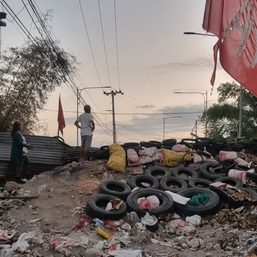
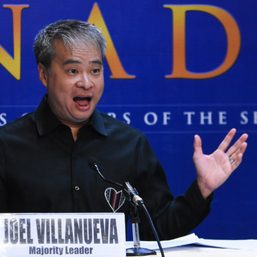

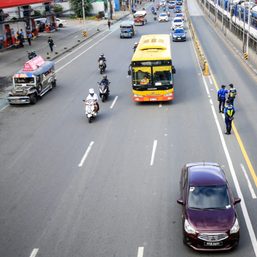

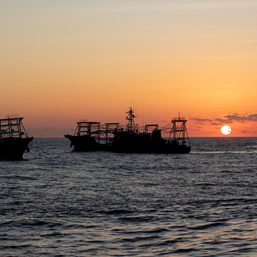
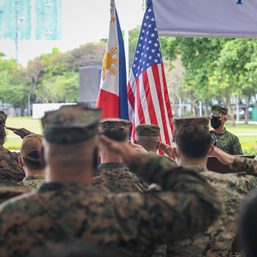

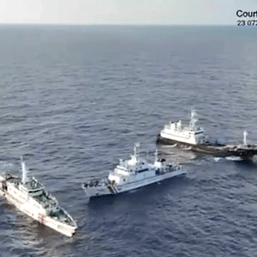


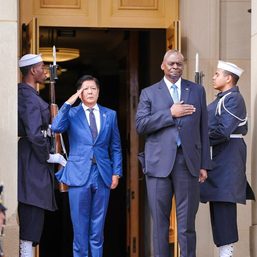
There are no comments yet. Add your comment to start the conversation.